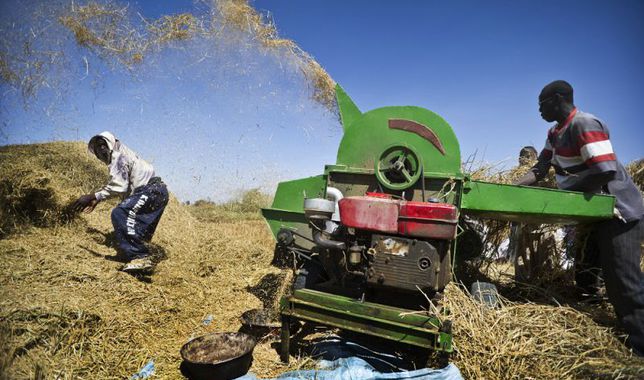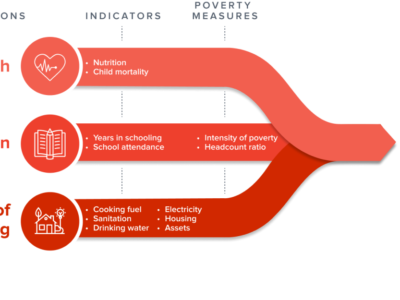A new Agricultural Innovation Center that will help African countries promote innovation in the agricultural sector to combat rural poverty and hunger has been inaugurated. The Green Innovation Center, which was inaugurated at AfricaRice in Benin, aims to boost agricultural productivity, increase the incomes of smallholder farmers and create job opportunities, particularly for youth and women in Benin, Burkina Faso, Cameroon, Ethiopia, Ghana, Kenya, Malawi, Mali, Nigeria, Togo, Tunisia and Zambia.
The Agricultural Innovation Center is supported by the Federal German Ministry for Economic Cooperation and Development (BMZ), in partnership with other institutions such as Benin Ministry of Agriculture, Livestock and Fisheries, and AfricaRice.
BMZ has given 2.7 million euros (almost US$3 million) to AfricaRice to implement the centre’s activities in 2016 and 2017, according to Bernard Marc Winfried, a knowledge management specialist at AfricaRice.
Gerd Müller, minister for BMZ, said during the inauguration that agriculture does not only need water and fertiliser but also knowledge and innovation.
Wilfried added that in Benin the initiative will facilitate the exchange of knowledge and interaction between researchers and development experts in 17 communities.
He explained that the centre will focus on strengthening the agricultural innovation system by promoting partnerships and developing an operational framework for innovation.
According to Winfried, researchers will develop a set of services and innovation that will serve as youth training tools and help increase sustainable productivity and incomes of agricultural producers.
“The main gap that the centre seeks to close is the low capacity of the present extension service. The activities will decisively improve access for farmers and traders to advisory, technical and business development services,” Winfried says.
David Arodokoun, the director-general of National Agricultural Research Institute of Benin, praises the creation of the centre, noting that the centre could address hunger and aid growth because “a development without innovation technology is a blind development”.
Arodokoun adds that African countries have not understood and managed to develop innovative technologies, and hopes the centre could also help create innovations that are friendly to the environment and can address climate change-related impacts.
Winfried tells SciDev.Net that the new centre will initially focus on four key commodities — rice, soybeans, small ruminants and poultry — but is open to work on other commodities upon request.
As in many African countries, rice is a staple food for the people of Benin and the demand is growing rapidly, and the country produced 150,000 tonnes in 2015, Winfried says, adding that despite the increased rice production Benin still imports more than 50 percent of rice consumed in the country.
According to AfricaRice, through the development of lowlands and irrigated areas and the adoption of improved varieties and technologies, Benin has the potential to increase domestic production and to diminish its dependency on rice imports.
This piece was produced by SciDev.Net’s Sub-Saharan Africa English desk.






